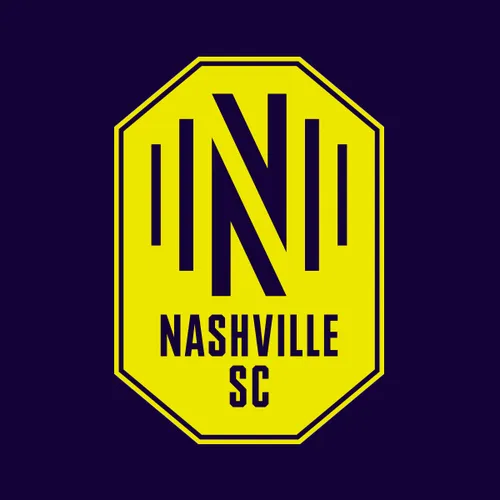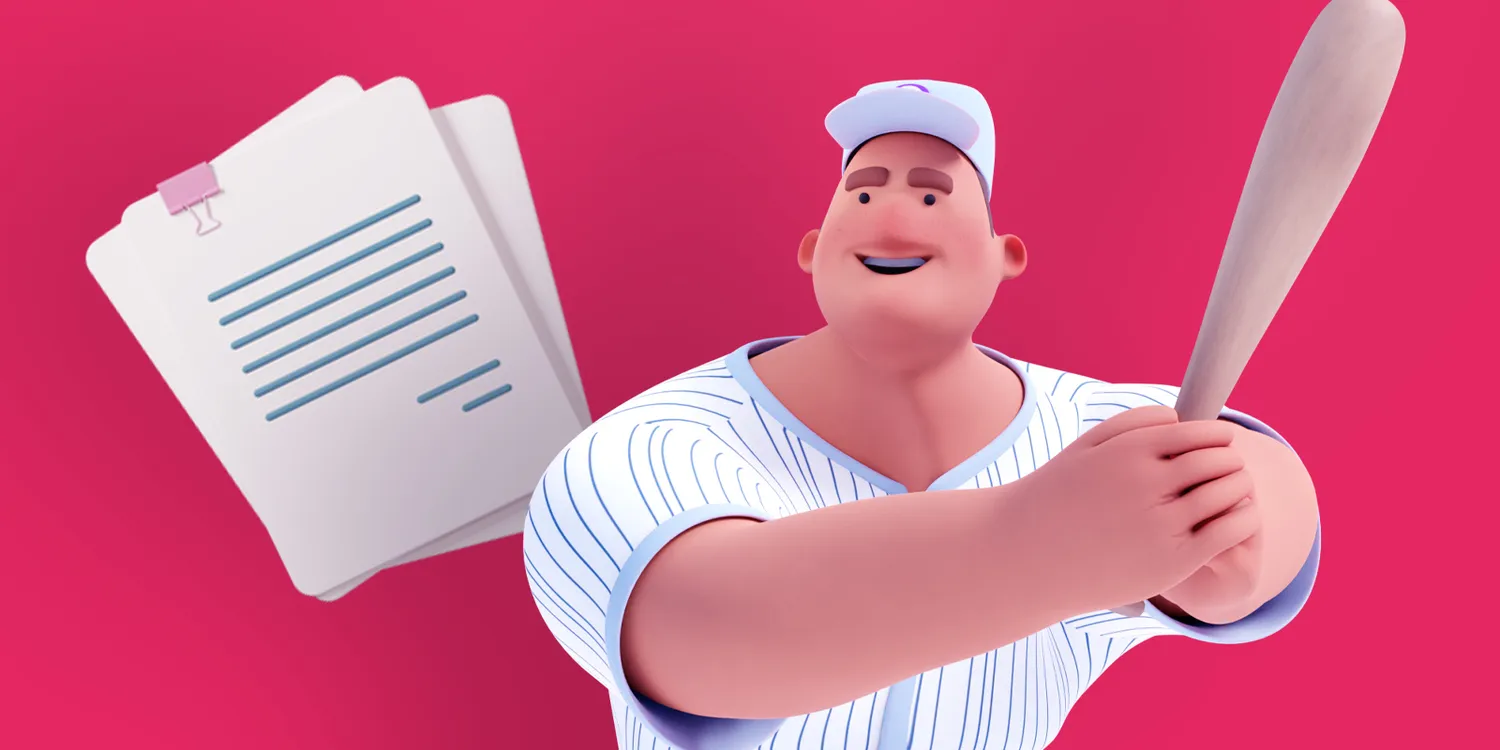







Create the ultimate cover letter for a sports job (with examples)

In a few paragraphs we’ve introduced our candidate’s professional background, linked this directly to how it’s going to assist the NBA, and explained why they’re looking to move to professional sports.
Now we’re going to break down each section of the cover letter so you can see how to structure it for yourself.
1. Salutation
This is just a fancy word for how you open your cover letter. There’s no need to overthink this section: keep it professional, to the point, and personal (if you can) and you’ll be fine.
Use something like “Dear company name”, “Dear hiring manager”, “Hello,” “Hi there,” or—best of all—”Dear hiring manager’s name” (if you know it).
Avoid using anything informal like “Hey,” and be careful about using “To whom it may concern”. This is seen as an outdated opening with some modern, younger companies. But for older, more traditional companies, it’s still perfectly acceptable.
2. Opening
The opening paragraph of your cover letter is your chance to do two things: convey your excitement for the job opening, and provide an overview of who you are as a professional.
A hiring manager wants to open applications from people who are interested in the job they’re hiring for. If you make this clear from the first paragraph, then you’ll be positioning yourself well going forward.
Second, they want to make sure that the application is coming from a relevant, qualified candidate. You’d be surprised how many people apply to jobs that don’t match their profile at all.
You can usually show this with a single sentence. After stating how excited you were to find the vacancy, you could say anything along the lines of…
"I have two years of data analysis experience and am looking for my next opportunity in the sports industry."
"With three years of professional coaching experience under my belt, I have the type of discipline and commitment needed to succeed in a role like yours."
"As a qualified accountant who loves the sports industry (and its stat breakdowns!) I’d be a valuable addition to your finance team."
"Marketing and communications is my second love only to Sunday Night Football, making this role the perfect fusion of my interests."
Each of these examples very clearly show the candidate to be qualified in their field. Try something similar in your own document and see how it looks.
Now that we have the hiring manager intrigued and ready to find out more about our candidate, it’s time to move onto the body of the cover letter where we’ll be getting them even more invested.
3. Body
The body of the cover letter is where most of your attention should be going when creating your document. This is where you’re going to be connecting your past experience with the responsibilities of the job you’re applying to.
How do you do that though? We’ll tell you.
Open any job description on our website. Inside, usually in a bullet point list, will be the role’s main responsibilities. You want to find two or three of these that you can confidently do and back these up with your past experience.
Let’s say the two bullet points you’ve found are:
Prepare budget forecasts for the company to present each month
Make smart, data-driven recommendations on where business costs can be reduced
Let’s draw from our imaginary candidate’s past experience to show you what we mean about matching their skills to specific elements of the job description.
"In my last role as a Financial Analyst, I was responsible for monthly budget creation for each of the organization’s departments. This experience will help me assist your company by turning complex financial decisions into clear points of action."
"Having completed my BSc in Economics, I’d be very capable of making business recommendations to reduce costs. My expertise in Excel means I would always make these decisions with numbers and data at the front of my mind."
Each of these takes one of the responsibilities we listed earlier, matches our candidate’s profile to it, and explains why that means they’d succeed in that function.
This is what you must be doing in the body of your cover letter to have the greatest impact.
We’d recommend doing this with two or three responsibilities of each job you apply to. And here’s another tip: a company will tend to list the job’s most important duties at the top of their “Responsibilities” section, so try and make your picks from here.
The body of your cover letter is also a good place to address other requirements the job may have, including:
A driving license
- You could say: I have a full driving license and car that is ready to use.
A coaching qualification
- You could say: I am an ORGANIZATION NAME-accredited coach and can provide documentation upon request.
First-aid training
- You could say: I am first-aid trained through ORGANIZATION NAME and can provide documentation upon request.
Software/program proficiency
- You could say: I am fluent in the Adobe Creative Suite, particularly Photoshop and Illustrator.
If you tick off the above and keep this section to 2-3 paragraphs, then you’ll have shown the hiring manager that you have the professional skill set they’re looking for.
Now that’s done, we’re ready to begin closing the cover letter.
4. Motivation for applying to the job
A great cover letter will make it clear to the hiring manager that a) the person is qualified to carry out the job and b) that they have a genuine interest in both the vacancy and the company who’s hiring.
This is where your motivation for applying comes in. It’s also a fantastic place to address your lack of experience in the sports industry if you don’t have any yet.
Here’s a few ways in which you can approach this section:
Address why you’re looking to transition to the sports industry
If you don’t have a background in professional sports, then it’s best to mention why you’re transitioning industries in your cover letter. The natural answer, for most of you, will be that you love this industry and want to be a part of it. And while we’ll champion you for that, it’s unfortunately not enough in most job applications.
Instead, speak on why you want to work in sports. Are you a competitive person at heart? Do you love the prospect of creating content for the fans? Do you love the social element, the buzz, the energy that fills stadiums?
Whatever it is, it will make a stronger impression than a generic, “I love sports” — everyone applying loves sports. But if you can tell the hiring manager what you love about the industry then you’ll be separating yourself from the sea of other applicants.
Address what you respect about the company
If you’re applying to your city’s home team, then this should be easy enough. But even if not, there’s a lot you can mention.
Perhaps the company has an ongoing initiative that you support, such as a community outreach program. Perhaps their marketing and social team is second-to-none. Or perhaps the company places an added emphasis on offering flexible hours or remote working.
A sentence or two about why you’d like to work at this specific company is a great way to close off your cover letter and, by using one of the examples we’ve listed, will show that you’re well aware of what they stand for.
With that, we’re almost at the end of the cover letter.
5. Close
At this point in your cover letter all you need to do is sign off in a confident, respectful manner.
This could take the form of…
- Thank you for your time and I look forward to hearing from you soon.
- Thank you. I’m excited to explore this role in more detail with you soon.
The only thing to avoid is being arrogant. Confidence is fine; overconfidence leaves a poor impression. So here are closes you shouldn’t use:
- Thank you. I can’t wait to be the newest hire of COMPANY NAME.
- Sincerely, your newest hire.
The end of the cover letter is no time to take risks. You’ve done so well to get to this point; don’t jeopardize it now.
6. Sign off
Almost there! Now that your cover letter is full of information that’s relevant to the hiring manager, all you need to do is sign off. As with the above section, the key is to be respectful and professional.
Good sign-offs:
Best wishes
Best regards
Regards
All the best
There aren’t many ways to mess up a sign-off. Stick to what we’ve listed and you’ll be golden.
Ready to create your sports resume?
Phew! A deep dive through the cover letter and everything it should entail. We know that’s a lot of information to take in, so we’d suggest keeping this guide open the next time you write a cover letter so you can refer back to each section as you need.
Now it’s time to create your own cover letter. Once you’re done, hit our jobs feed for thousands of active vacancies in the sports industry. We have collections for all the major sports and competitions including Motorsport Jobs, Football Jobs, NBA Jobs, NFL Jobs, and MMA Jobs so finding your dream role has never been easier.
And if you need help creating a resume/CV for a sports job, we have you covered too.
Good luck out there.



























